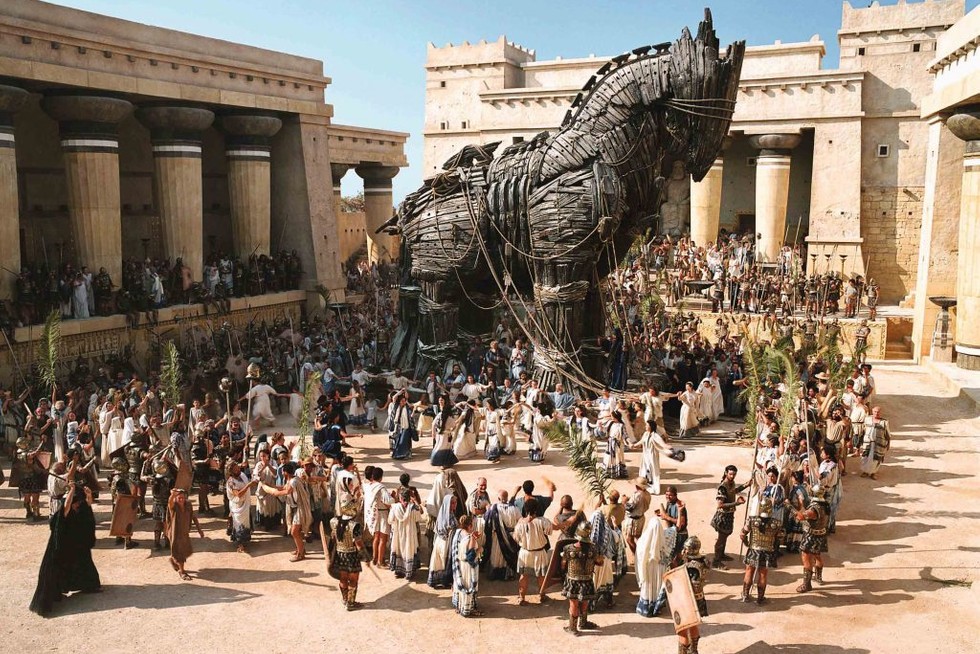The Trojan War is one of the most famous and enduring legends of ancient Greek mythology. According to the myth, the war was fought between the Greeks and the Trojans over the abduction of Helen, the wife of King Menelaus of Sparta, by the Trojan prince Paris.
For centuries, scholars and historians have debated whether the Trojan War was a real historical event or simply a mythological tale. While there is no definitive proof that the war actually took place, there are a number of factors that suggest that there may be some truth to the legend.
First, there is evidence that the ancient city of Troy actually existed. In the late 19th century, archaeologist Heinrich Schliemann excavated a site in modern-day Turkey that he believed to be the site of ancient Troy. While there is some controversy over whether Schliemann's discovery was actually the city of Troy, there is little doubt that the site he excavated was an ancient city that had been destroyed by war.
In addition, there are a number of historical texts that mention the Trojan War, including the works of the ancient Greek poets Homer and Hesiod. These texts describe the war in vivid detail, and they provide a wealth of information about the customs, traditions, and beliefs of ancient Greece.
While there may be some truth to the legend of the Trojan War, it is important to remember that the story has been embellished and mythologized over time. It is likely that many of the characters and events described in the legend are purely fictional, or at least heavily exaggerated.
Regardless of whether the Trojan War was a real historical event or simply a mythological tale, its enduring legacy is a testament to the power of storytelling and the human imagination. The legend of the Trojan War has inspired countless works of literature, art, and popular culture, and it continues to capture the imaginations of people around the world today.




